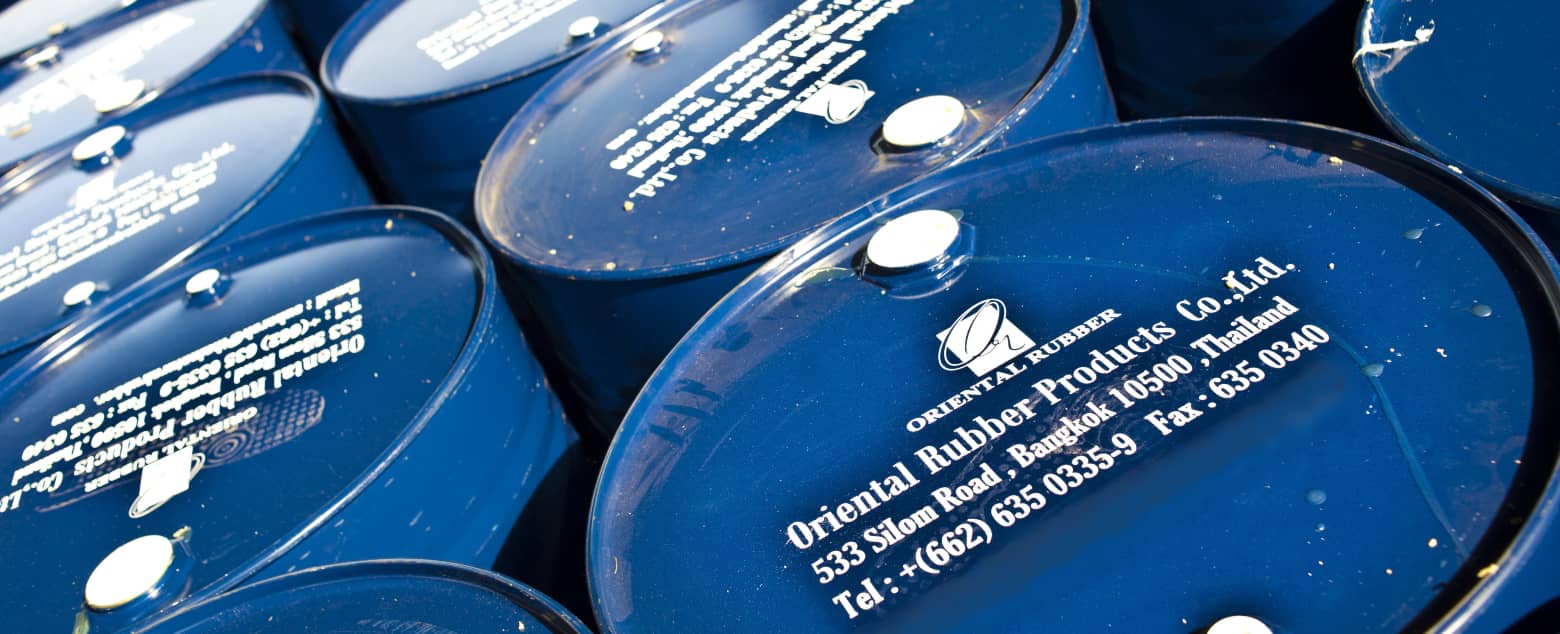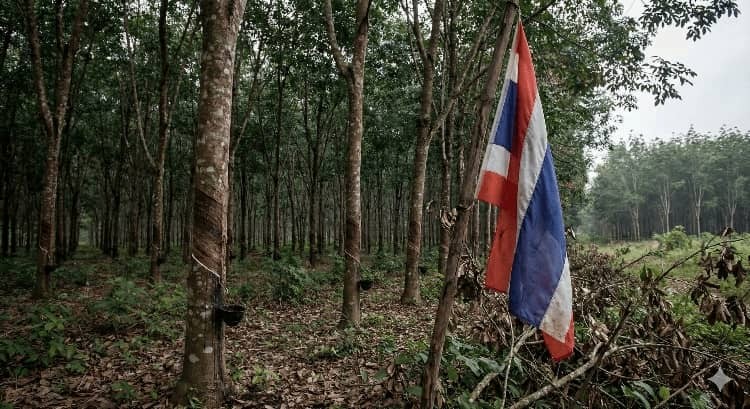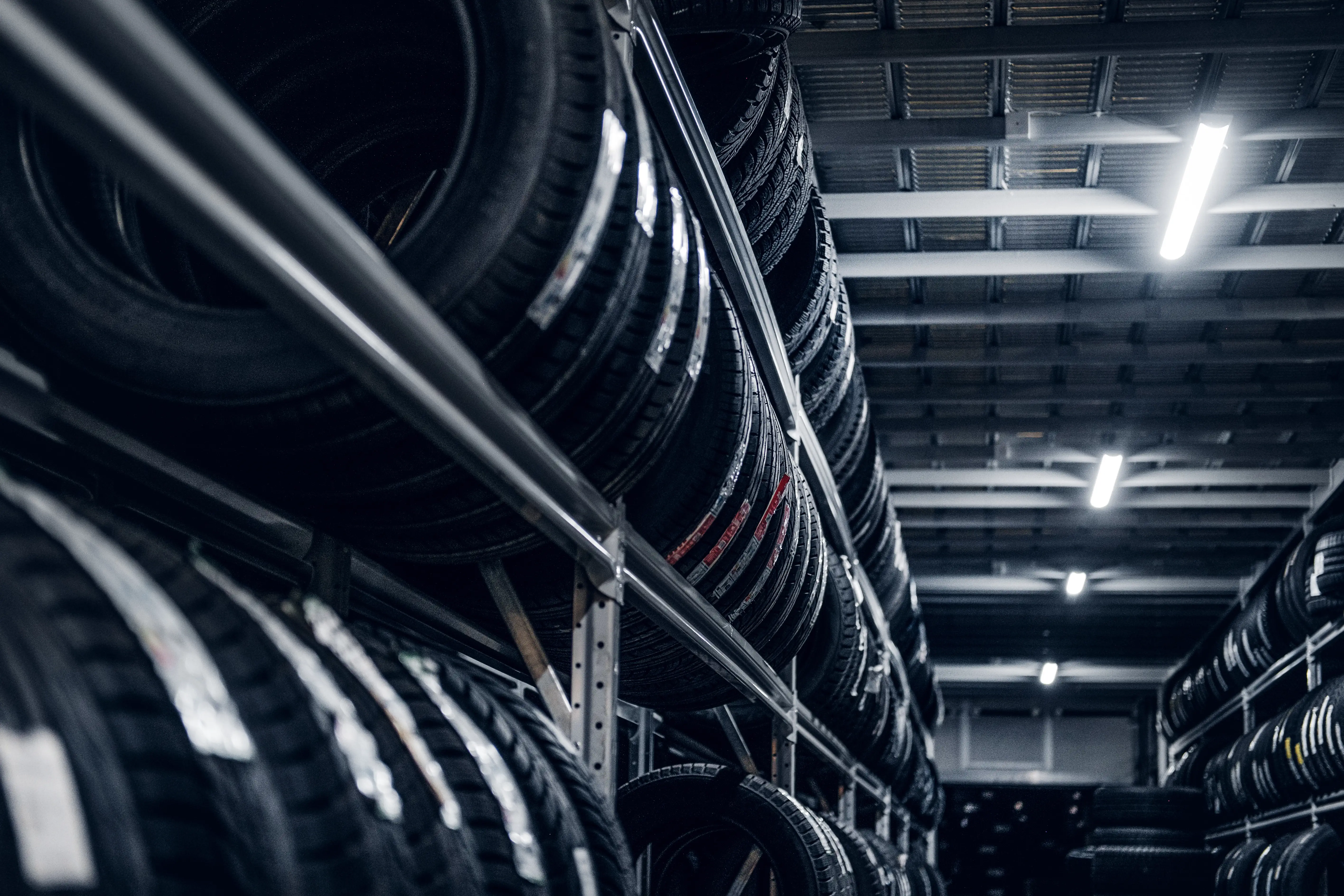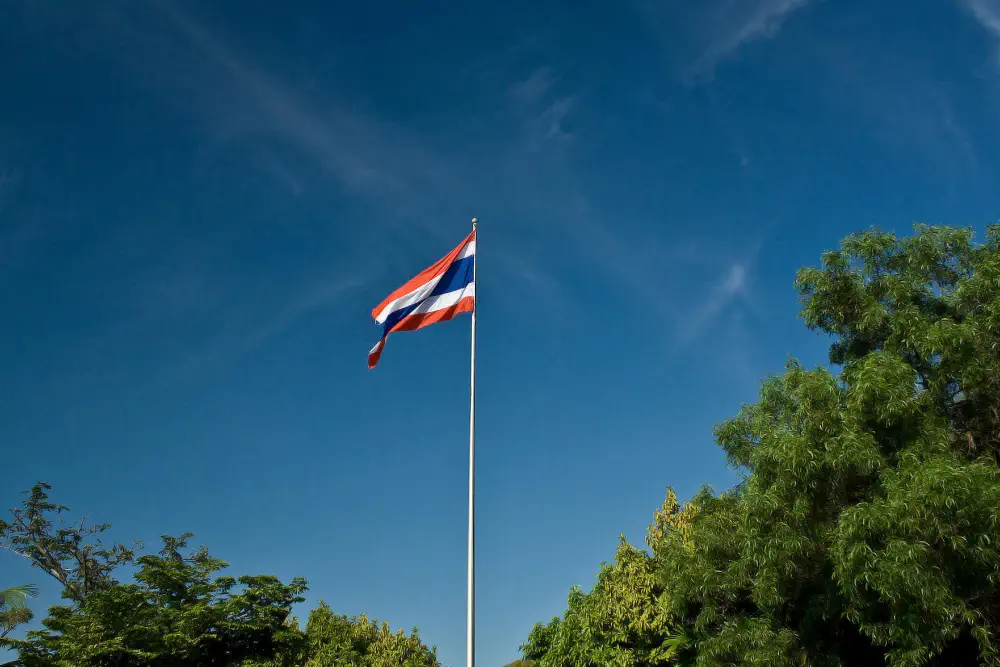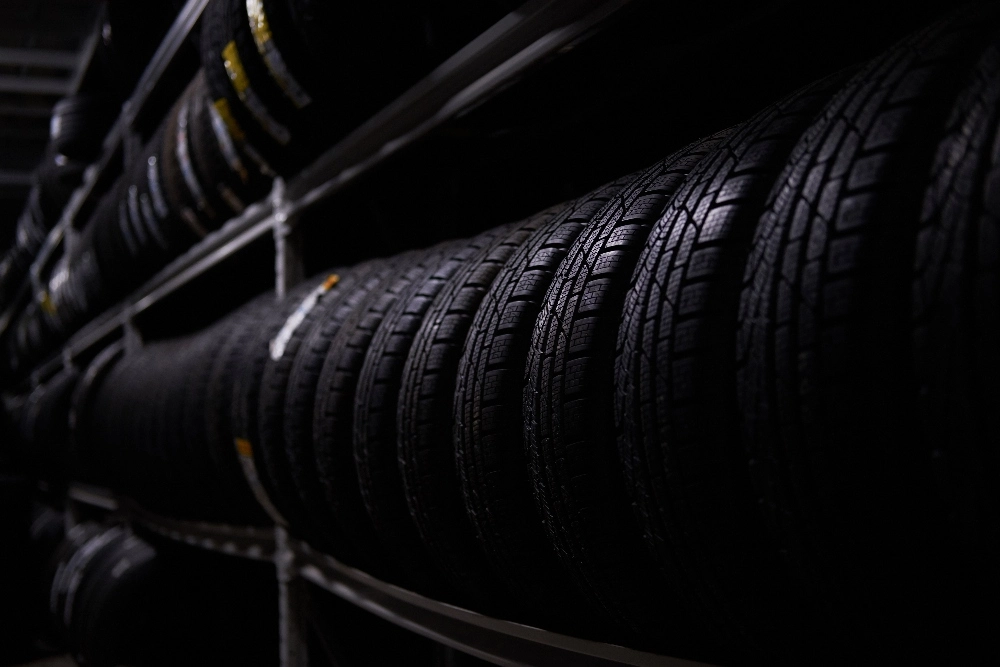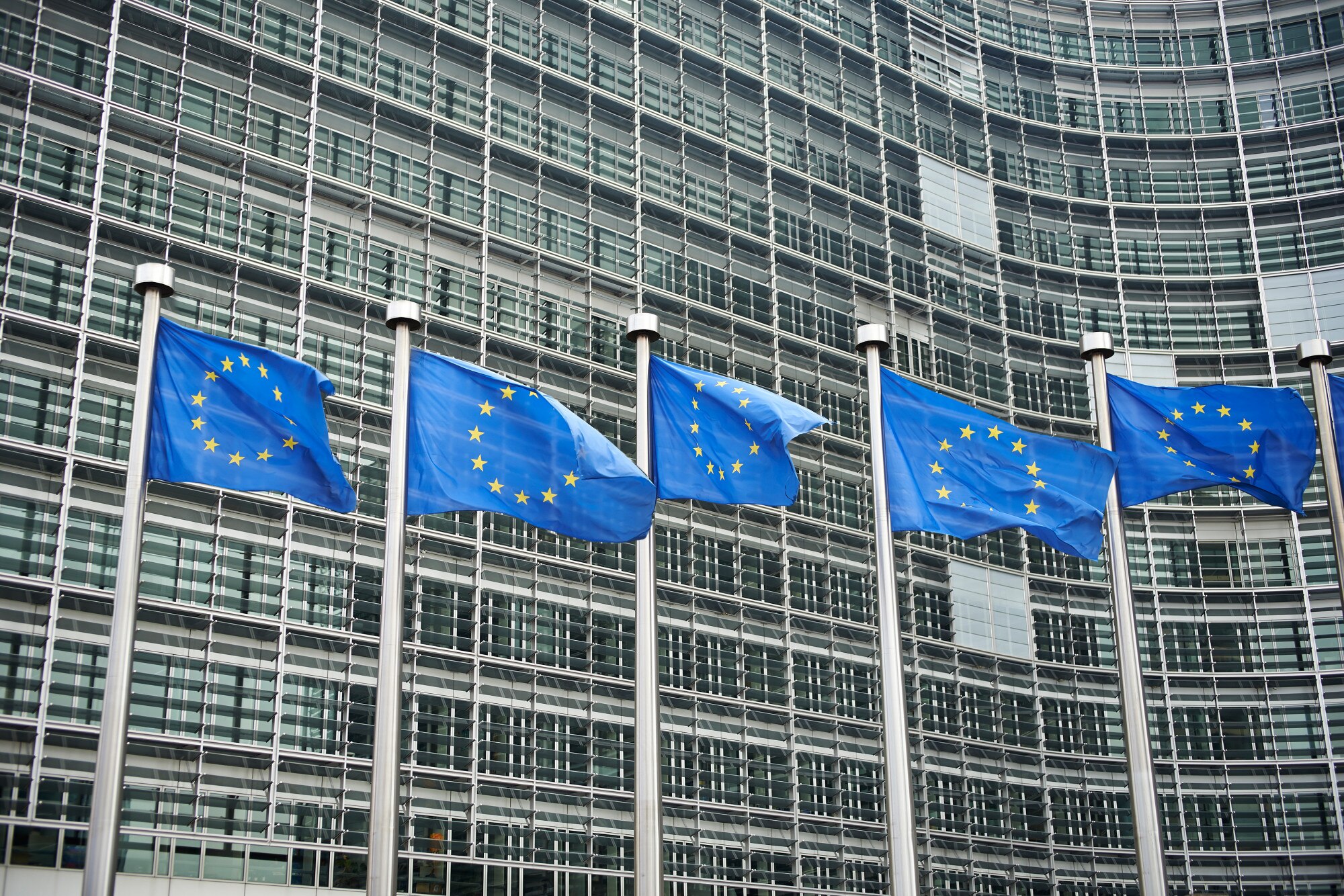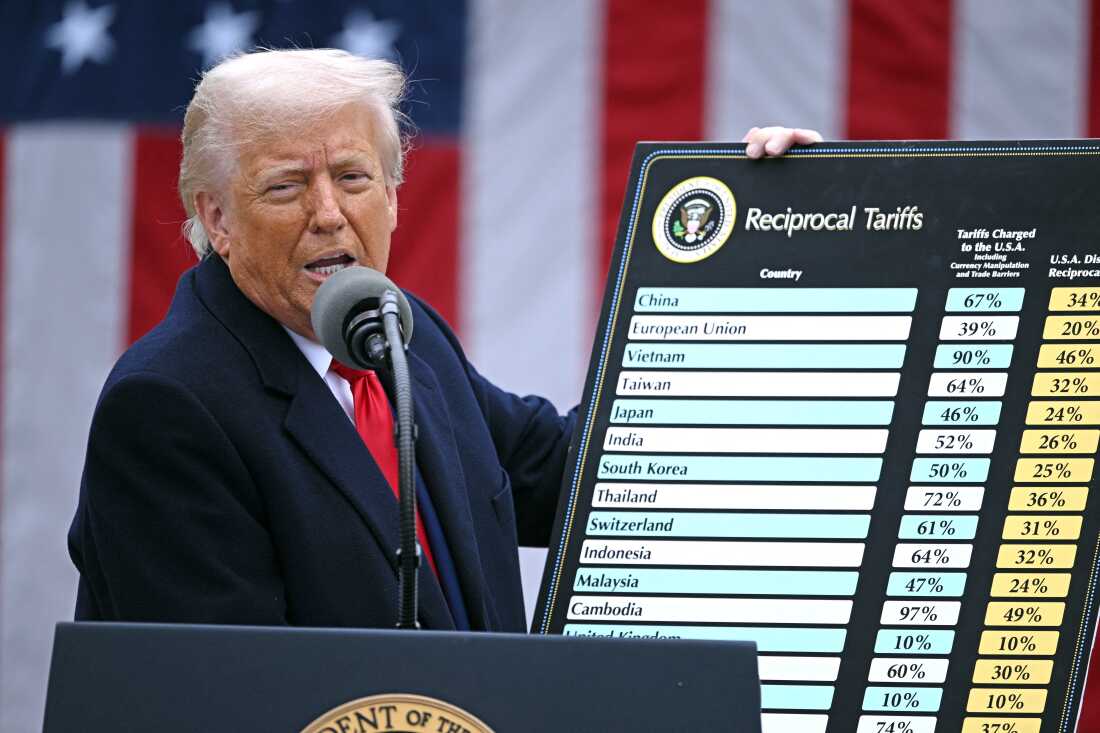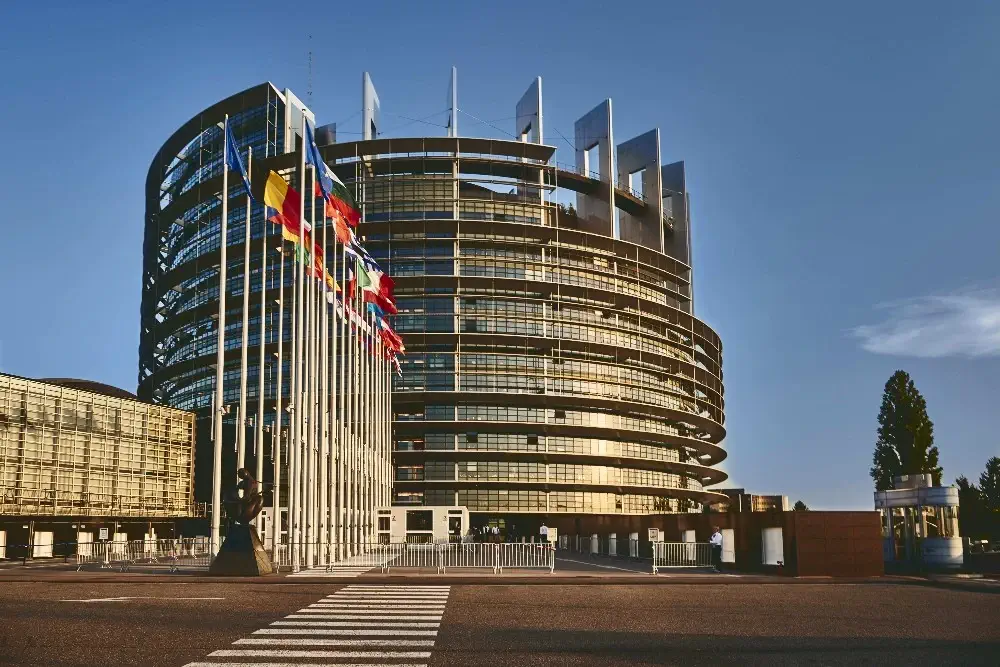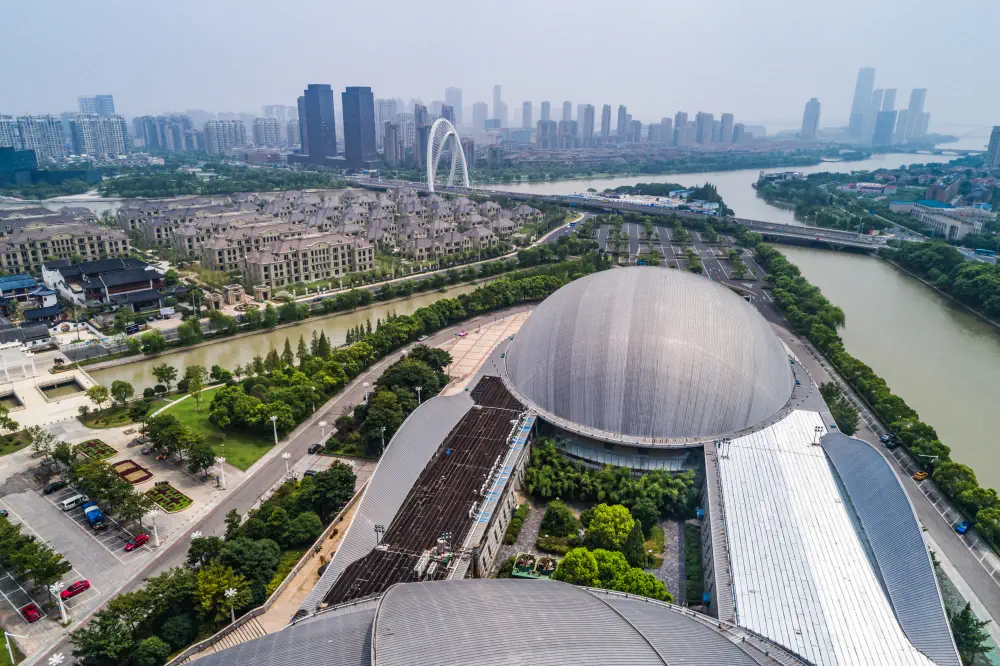
China's Tire Industry Enters Strategic Maturity Phase with Global Expansion
China's tire industry is entering a transformative period characterized by sustained growth, industry consolidation, brand enhancement, and ambitious international expansion. Moving beyond an era defined by overcapacity and price competition, 2025 represents a strategic pivot for the sector.
Recent developments—including resilient Chinese export volumes amid global uncertainty, Sailun's acquisition of Bridgestone's shuttered truck-and-bus radial facility in Shenyang, and the groundbreaking of a billion-dollar manufacturing project in Egypt—demonstrate an evolving strategy. Chinese tire manufacturers are no longer satisfied with their position as the world's largest low-cost suppliers; they are now establishing a global presence through stronger brands, expanded geographic footprints, and enhanced supply chain control.
Export Performance Remains Strong Despite Headwinds
China's tire sector maintained its overseas momentum through 2025, building upon robust performance from the previous year. During the first half of 2025, exports reached 349 million pneumatic tires, representing a 5.5% year-on-year increase, with export values climbing 4.6% to RMB 80 billion (US$11.18 billion). These results followed strong 2024 performance, when shipments totaled 680.57 million tires—up 10.5% from 2023—while export value rose 5.5% to RMB 158.3 billion (US$22.12 billion).
While the growth pace in 2025 has moderated compared to the previous year, the upward trajectory continues. However, June 2025 witnessed a 7.3% decline in shipments compared to the same period in 2024, highlighting that global demand remains uneven and policy challenges are emerging.
The United States and Europe continue as major markets, though new tariffs—including duties from September 2025 on Chinese tires rerouted through Southeast Asia—are prompting manufacturers to accelerate global capacity development. Mexico is emerging as a new hub alongside projects in Egypt and other regions.
Consolidation Through Strategic Acquisitions
Sailun's purchase of Bridgestone's Shenyang plant, finalized in July for approximately RMB 265 million (US$37.04 million), exemplifies this strategic shift. The facility had been idle since late 2023, a victim of intensifying competition in China's nearly saturated truck and bus tire market. Established in March 1996, the plant saw sales decline from US$135.4 million in 2022 to US$128.1 million in 2023, and finally to just US$3.1 million in 2024.
For Sailun, the acquisition provides a faster and more cost-effective expansion route than constructing new greenfield capacity. It also reflects a broader consolidation trend: global tire majors withdrawing from Chinese operations, while domestic players capitalize on opportunities to scale with relatively modest capital investments. For the commodity supply chain, this means existing production assets aren't disappearing—they're being absorbed and redeployed by firms determined to serve both domestic channels and international buyers.
Major Egyptian Manufacturing Investment
The global expansion of Chinese tire manufacturing is accelerating, with Sailun again leading the charge. Egypt's government signed a US$1 billion agreement with Sailun to construct a new factory within the Suez Canal Economic Zone. The plant, covering 350,000 square meters, will be developed in three phases and eventually produce over 10 million tires annually, including both passenger and truck lines. Initial production, scheduled for 2026, will total 3.6 million units. Egyptian Prime Minister Moustafa Madbouli witnessed the contract signing ceremony on August 13, 2025, at the New Administrative Capital, east of Cairo.
For Egypt, the project secures foreign direct investment and new export capacity while meeting domestic supply requirements. For Sailun, it provides strategic access to Africa, the Middle East, and Europe, reducing exposure to tariff risks and logistical bottlenecks. For the broader rubber trade, it represents a shifting demand center, as Egyptian raw material sourcing could alter traditional supply routes.
Brand Value Recognition
Sailun recently achieved a significant milestone by securing a place in Brand Finance's global top-10 tire rankings for the first time in 2025, while once again being recognized as China's most valuable tire brand. Its brand value increased 13% in 2025 to approximately US$905 million, surpassing Japan's Toyo Tires. For a company previously categorized as a budget supplier a decade ago, these achievements reflect an industry-wide effort to compete not merely on volume, but on brand perception, technology, market presence, and after-sales credibility. Linglong Tire emerged as China's strongest tire brand in the rankings.
Ownership Changes at General Science
Meanwhile, Jiangsu General Science, another major Chinese tire producer, has entered a new ownership era. SOHO Holdings acquired a 24.5% stake for more than RMB 2 billion (US$279.56 million), securing controlling rights from Hongdou Group. This transition places General Science under state-linked influence, a move that could stabilize financing and long-term strategic planning.
The company is simultaneously expanding projects in Thailand and Cambodia, leveraging favorable trade arrangements to increase output closer to export markets. Recent reports indicate that production expansions in Sihanoukville (Cambodia) and Rayong (Thailand) have commenced operations and are scheduled to reach full capacity by the end of 2025.
Total production in Cambodia surpassed 10 million units in June, with significantly lower operating costs. The reduction in US tariffs to 19% has improved export prospects from these countries, though the September tariff threat on 'rerouted exports' from China remains a significant concern.
For ASEAN rubber producers, this development could deepen integration into Chinese tire value chains, creating opportunities for increased natural rubber sales. Together, Sailun and Jiangsu General demonstrate that Chinese tire makers are not retreating amid global challenges, but rather strategically repositioning themselves.
Intensifying Global Competition
The trajectory ahead suggests measured but steady growth, driven less by rapid domestic expansion and more by outward investment and brand consolidation. Exports are likely to maintain mid-single-digit growth rates through 2025 and 2026, though their composition may shift, with a larger share potentially originating from offshore plants in Africa or Southeast Asia. This geographic diversification could cushion Chinese producers against trade barriers, though political uncertainties remain.
For suppliers of natural and synthetic rubber, this evolution could create more geographically fragmented demand, with procurement distributed across multiple hubs rather than concentrated in mainland China.
Simultaneously, the emphasis on brand strength and overseas presence signals a more sophisticated competitive phase. Companies like Sailun are indicating their intention to challenge established Western and Japanese competitors not only on price, but also on brand perception and quality. For commodity stakeholders, this could translate into stronger demand for quality materials, more stable supply contracts, and greater visibility for rubber flows beyond China's borders.
This analysis draws from research and insights provided by Helix Tap. For more market intelligence and analysis, visit helixtap.com
